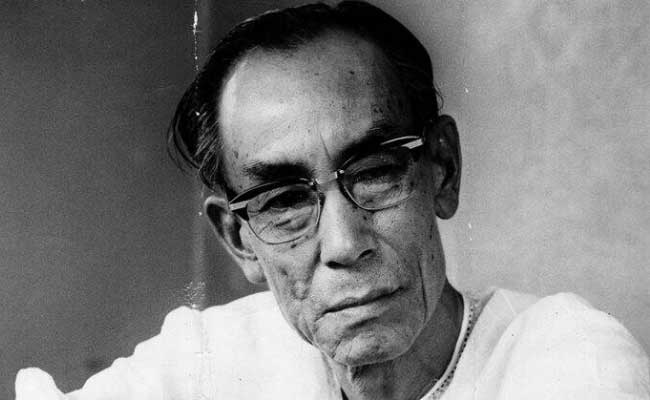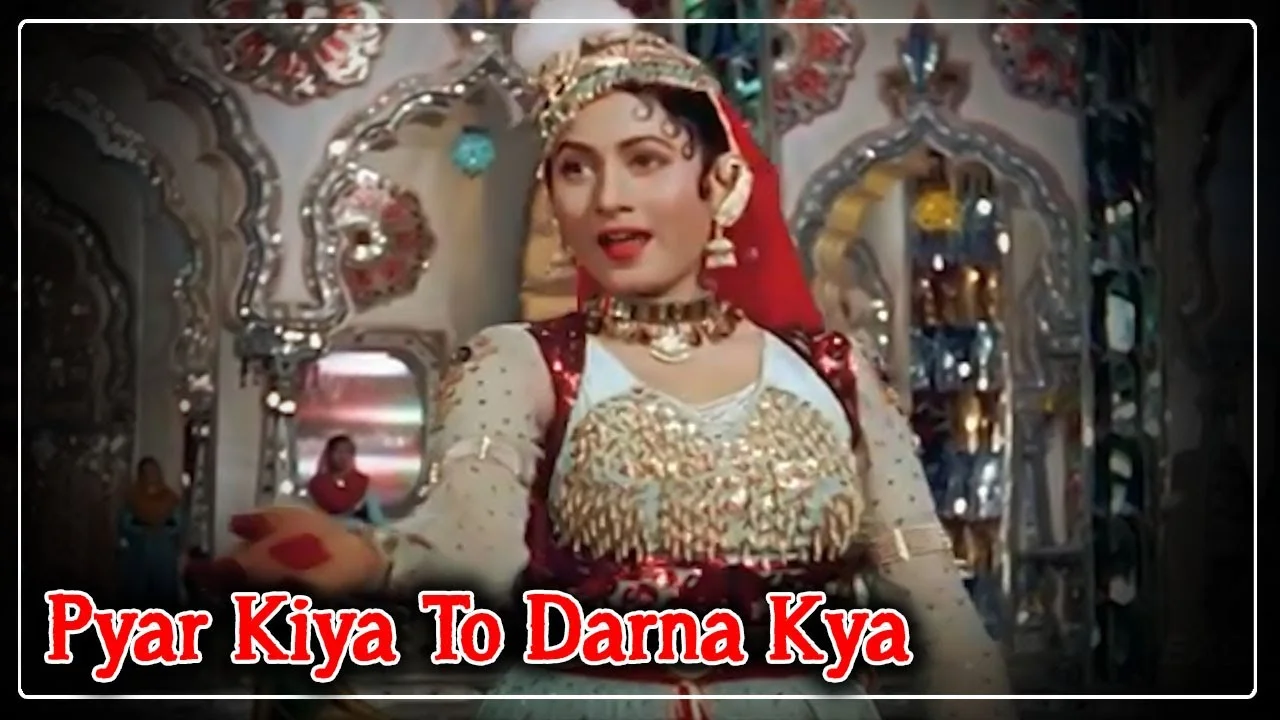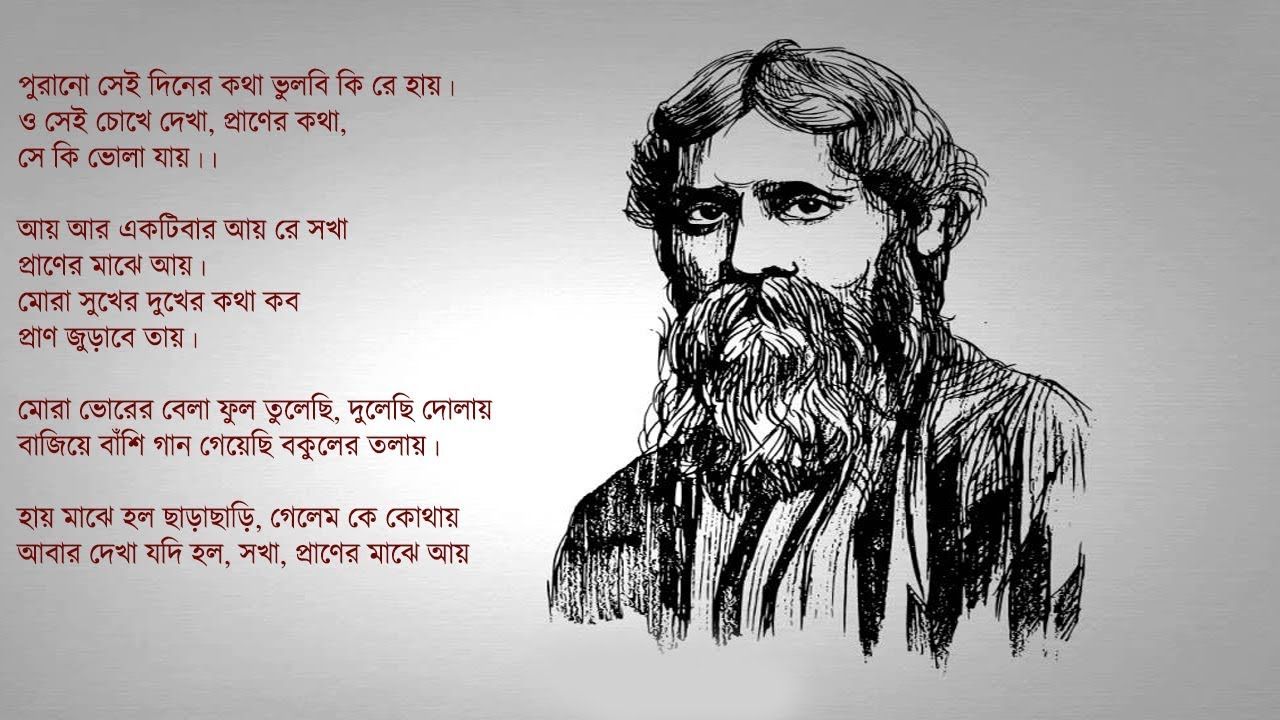Sachin Dev Burman, popularly known as S.D. Burman, was a renowned Indian music composer, singer, and lyricist. He was born on October 1, 1906, in Comilla, which was then a part of British India and is now in Bangladesh. He was a versatile artist who composed music for Hindi and Bengali films, and his music continues to be loved by millions of people even today.
Early Life and Musical Journey
S.D. Burman was born to Nabadwipchandra Dev Burman, a prominent lawyer, and singer, and his wife, Rajkumari Devi. From a very young age, he showed a keen interest in music and started learning classical music from his father. As a child, he was also exposed to various genres of music, including Indian classical, folk, and Western music. He learned to play the sarod, tabla, and harmonium and was soon recognized as a child prodigy.
After completing his education, S.D. Burman moved to Kolkata to pursue his passion for music. He started his career as a singer and composer for All India Radio and became popular for his soulful renditions of Rabindra Sangeet and Bengali folk songs. His first break as a music composer came in 1937 when he composed the music for the Bengali film, Rajgee. The film was a huge success, and S.D. Burman’s music became an instant hit among the audience.
Music in Hindi Cinema
In 1944, S.D. Burman moved to Mumbai to make a career in Hindi cinema. He got his first break in Hindi films with the film, Shikari, in which he composed the music for the song, “Suno suno ay duniyawalon, bapu ki ye amar kahani.” The song became an instant hit, and S.D. Burman’s music became synonymous with melody and soulfulness.
Over the years, S.D. Burman composed music for several Hindi films, and his music became an integral part of the Indian film industry. His collaborations with lyricist Sahir Ludhianvi and singer Lata Mangeshkar were particularly noteworthy. Together, they created some of the most memorable songs in the history of Hindi cinema, such as “Yeh raat yeh chandni phir kahan,” “Tere mere sapne ab ek rang hai,” and “Tum na jane kis jahan mein kho gaye.”
S.D. Burman was known for his ability to blend different genres of music, including Indian classical, folk, and Western music, to create a unique sound. He was also a gifted lyricist and wrote some of the most beautiful and meaningful songs in Hindi cinema. His music was not just about entertainment but also had a social message, and his songs often reflected the cultural and social issues of the time.
Legacy and Awards
S.D. Burman’s music continues to be loved and celebrated by people all over the world. He is regarded as one of the greatest music composers of Indian cinema and has left behind a rich legacy of soulful and meaningful music. Some of his most memorable compositions include “Mera sundar sapna beet gaya,” “Wahan kaun hai tera,” “Jaane kya tune kahi,” and “Abhi na jao chhod kar.”
Throughout his career, S.D. Burman received numerous awards and accolades for his contribution to Indian music. He won the National Film Award for Best Music Direction four times and was also honored with the Padma Shri and Padma Bhushan, two of the highest civilian awards in India.
![]()





